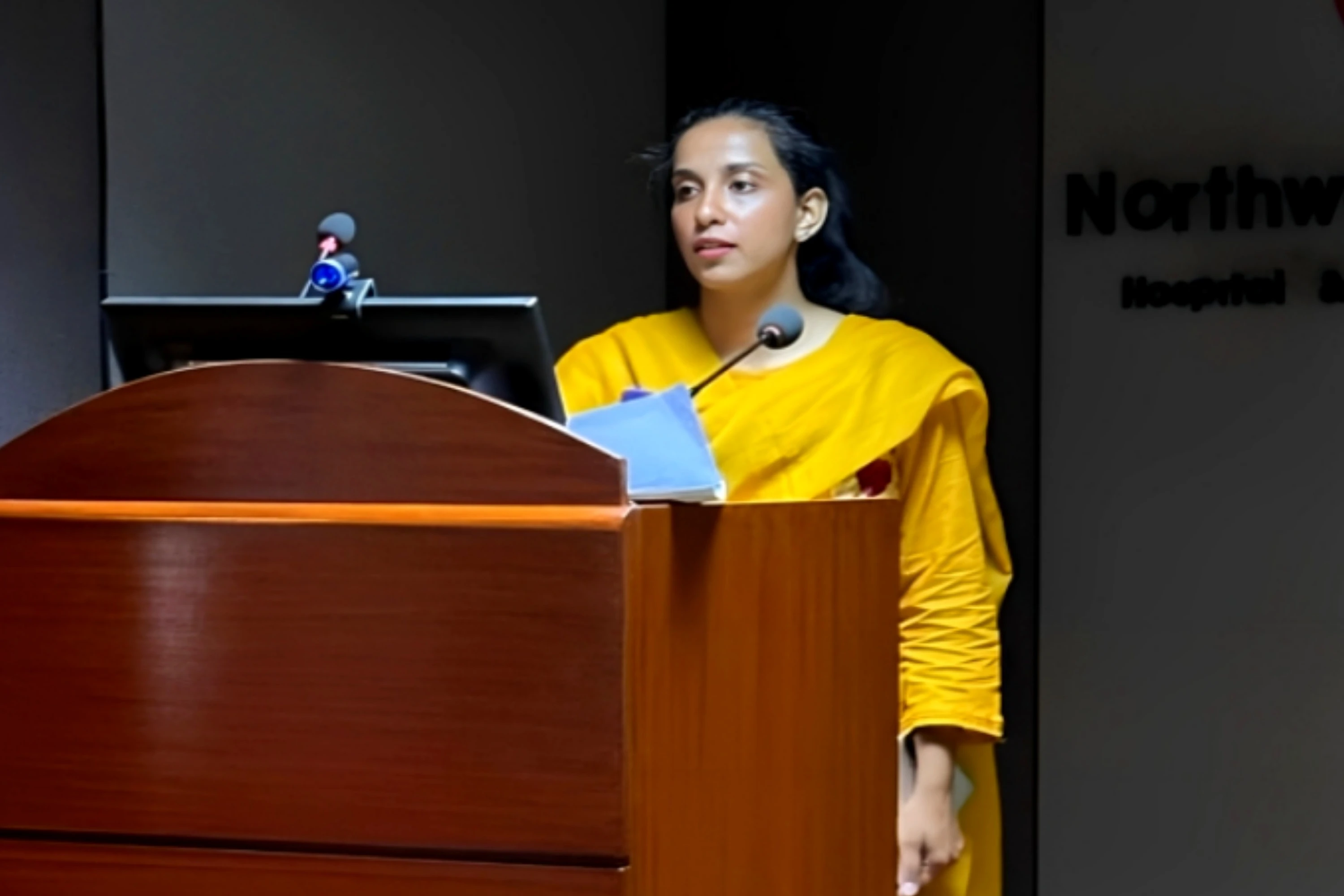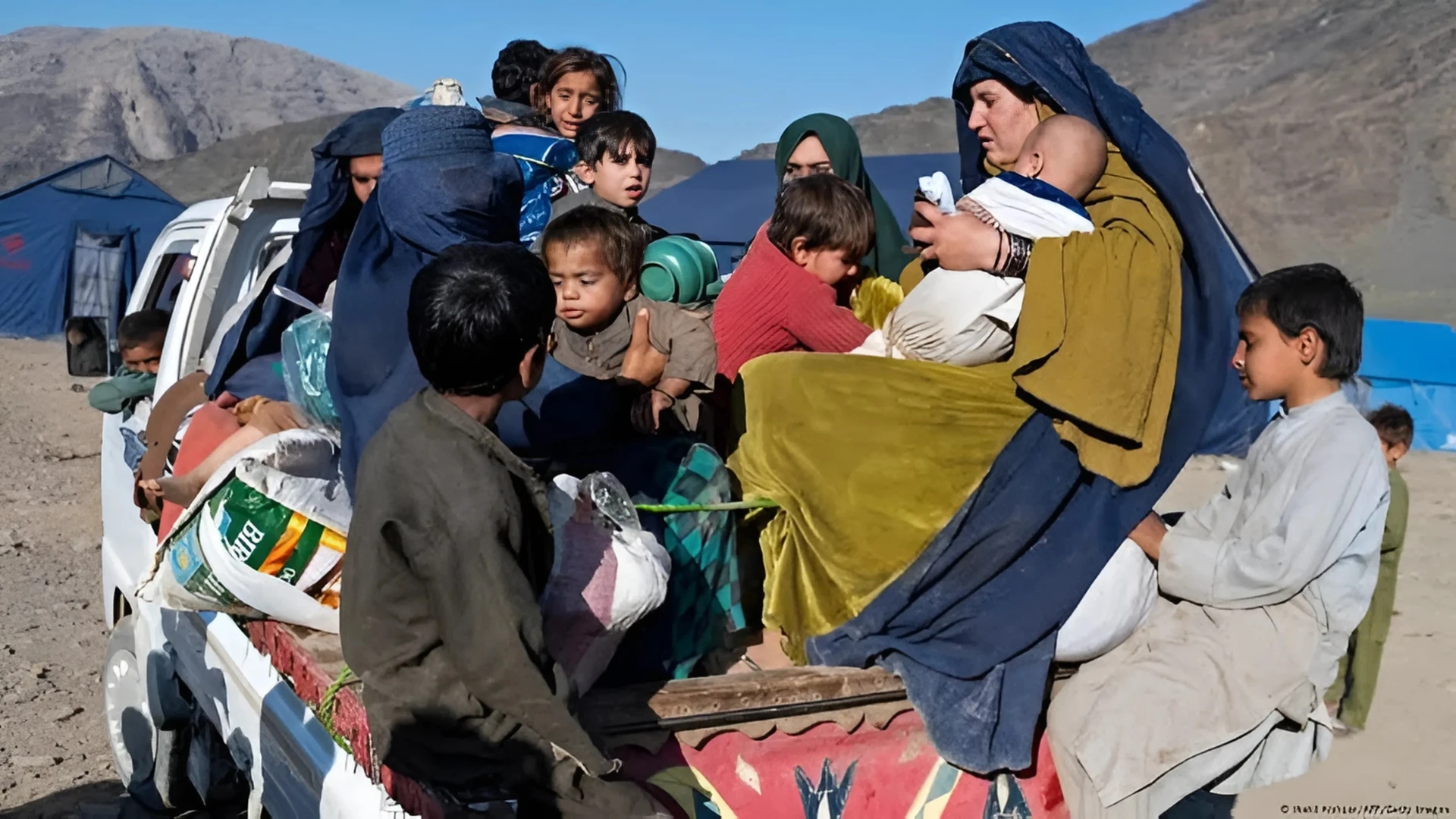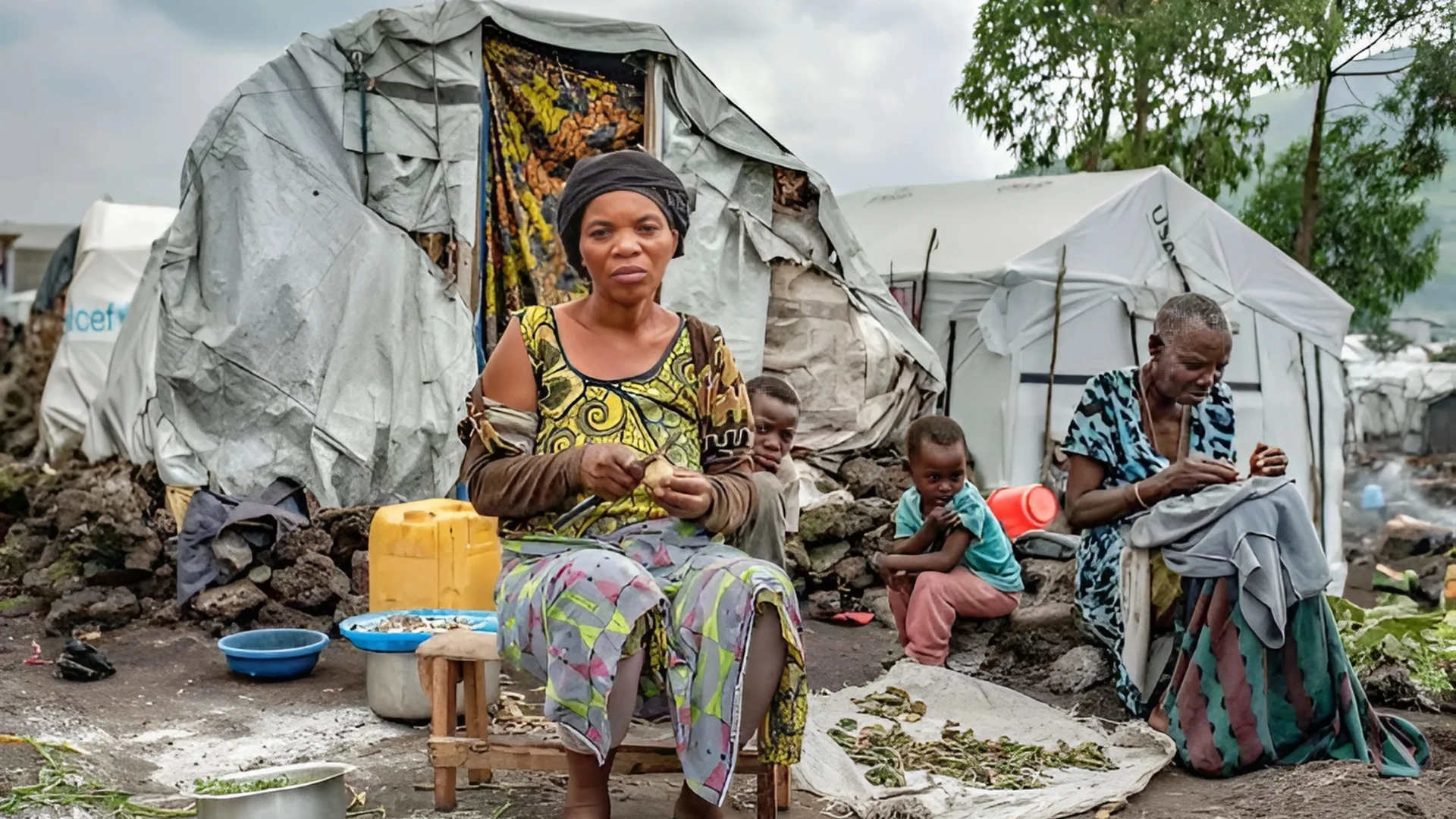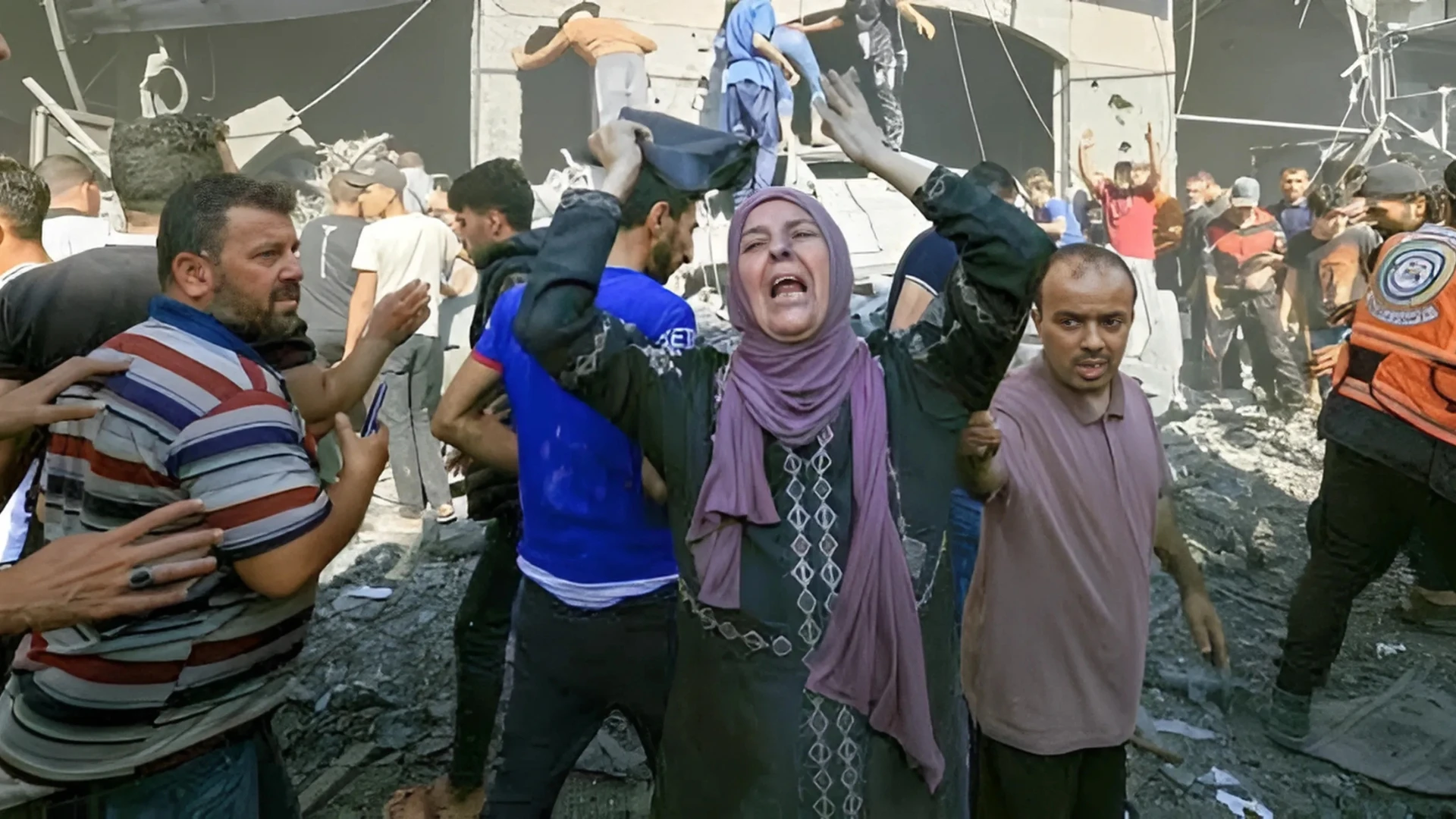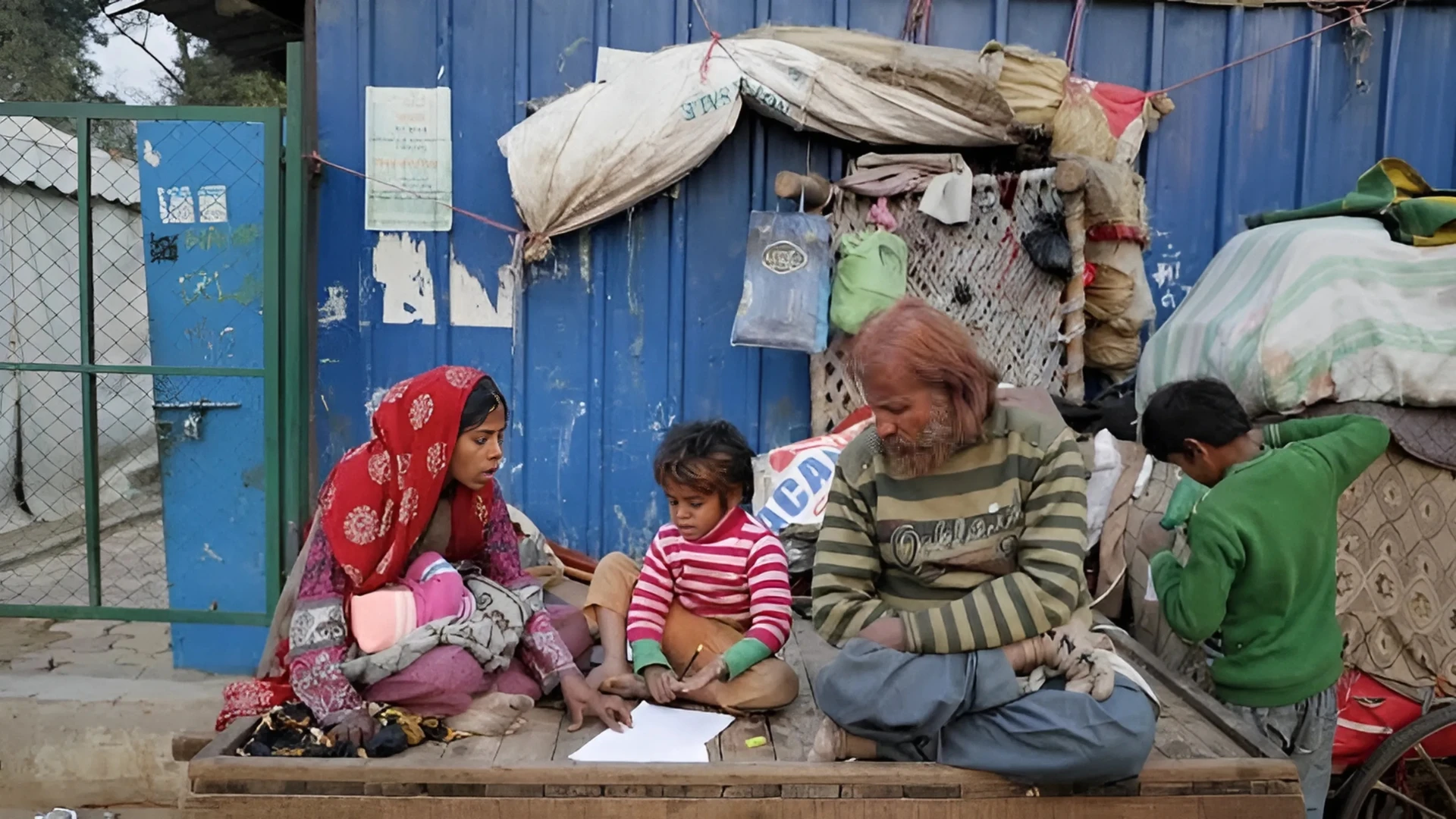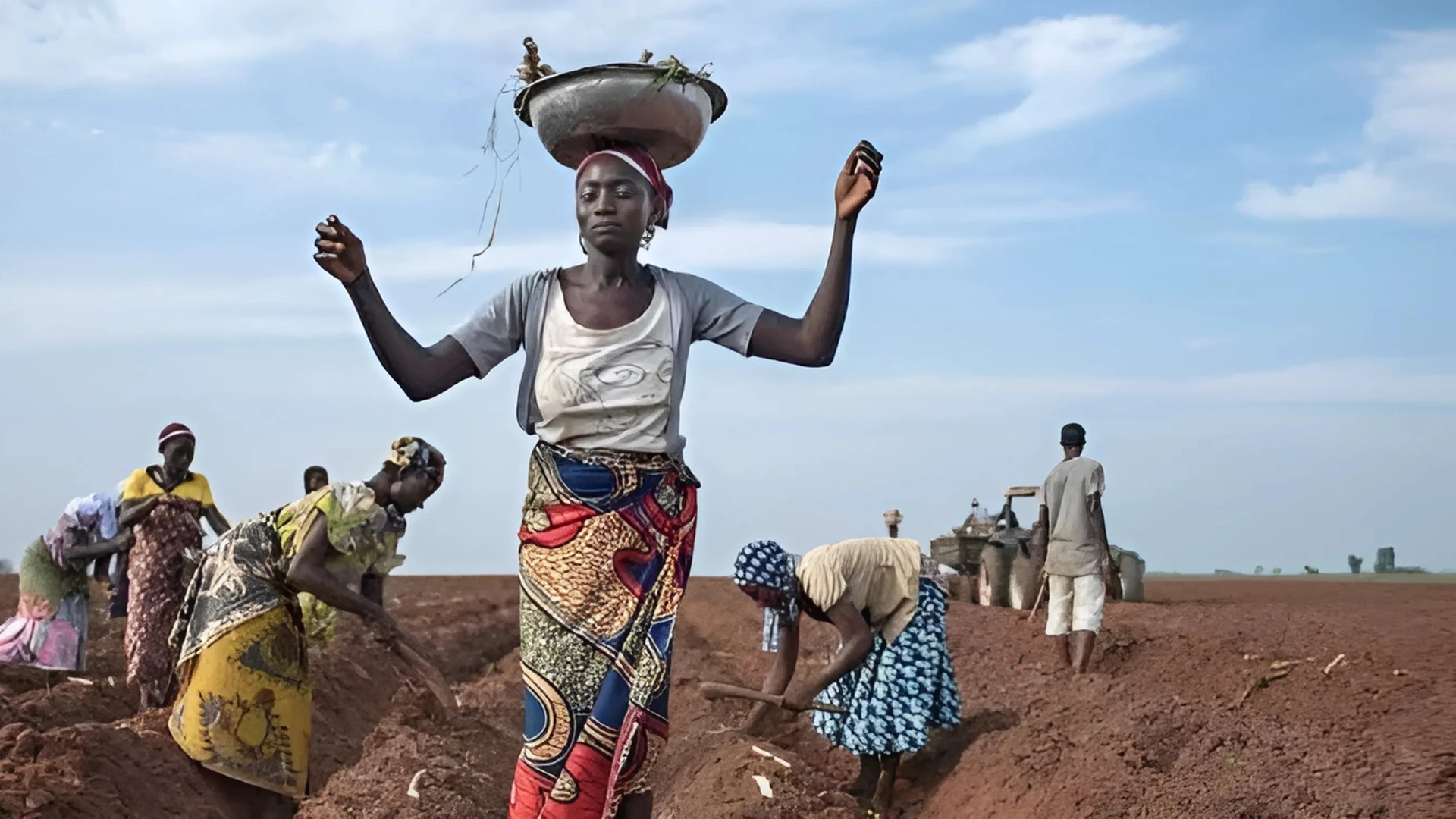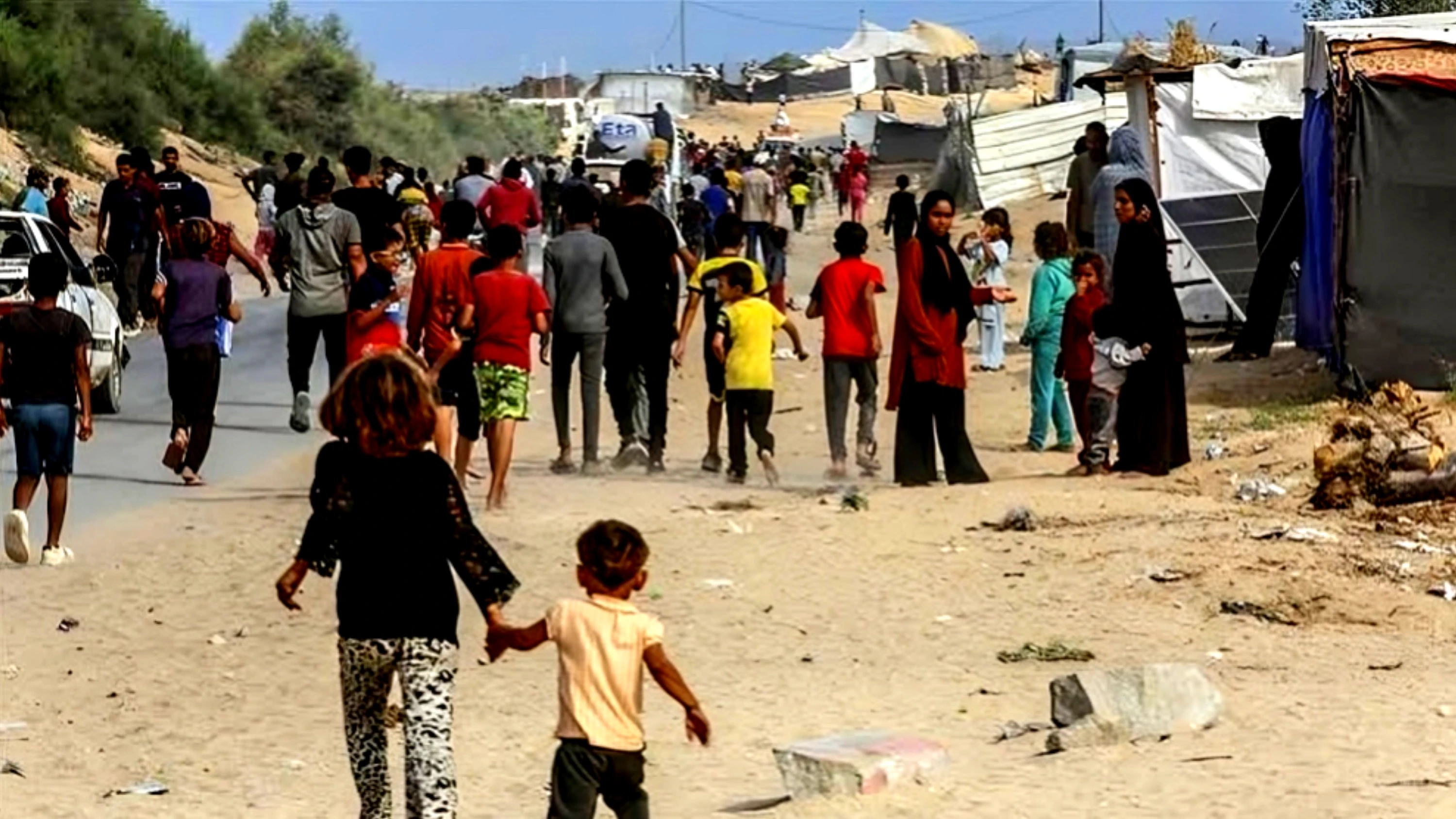Peshawar: In a quiet corner of Peshawar, a woman’s personal act of kindness has evolved into a transformative movement for children with autism and their families. Masooma Khan, a trained psychologist, has dedicated over two decades to creating a space of understanding, support, and hope for those often left behind.
A Personal Crisis That Sparked a Lifelong Mission
Masooma’s journey began in 2004, with a young boy in her extended family who was denied entry into several schools due to his developmental delays. “He began walking at three but wasn’t speaking even at five,” she recalls. The repeated rejections devastated the boy’s mother, pushing her to the brink of suicide. “She had lost all hope. I asked her to let me work with him—I’ve always had a strong bond with children,” Masooma says told Human Online's Khalida Niaz.
Though unaware at the time, Masooma was engaging in basic behavioral therapy. Her academic foundation in psychology helped her navigate those early years, but it was her compassion that truly drove her. After three years of consistent effort, the child learned to read and write and was finally admitted to school.
That success, however, revealed new challenges. As he progressed to Grade 3, the boy struggled with math, prompting Masooma to seek professional training. She joined an autism center in Islamabad, gaining the specialized skills that would shape her future. “That was the turning point for me. I realized this wasn’t just about one child—it was a calling,” she says.
From One Child to Hundreds: A Center Takes Root
In 2018, with encouragement from her family and support from the Pakistan Autism Society, Masooma opened her own autism center in Peshawar. Her relatives viewed the work as Sadaqah Jariyah—a form of ongoing charity in Islam. “Their support gave me the strength to keep going,” she says.
The center, now a beacon of hope for families across Khyber Pakhtunkhwa, serves around 80 children actively and has helped over 430 more transition into mainstream schools. Masooma also provides remote services to families in far-flung areas of the province—where therapy resources are virtually nonexistent.
Breaking the Silence: Understanding the Signs of Autism
Drawing from years of fieldwork, Masooma emphasizes the importance of early detection. “No two children with autism are the same,” she notes. “But there are common indicators that parents—especially mothers—can watch for.”
Among these signs: delayed speech beyond the age of two, a tendency to avoid interaction, and an unusual attachment to repetitive behaviors. “Some children will repeat a word or action for hours unless interrupted. They may ignore everyone except close family members and could become extremely distressed by unfamiliar faces.”
A lack of awareness of surroundings is another red flag. “These children may wander off without realizing they are lost, and show no sense of how to return,” she adds.
Dispelling Myths: Autism vs Slow Learning
A crucial part of Masooma’s mission is educating parents about the difference between autism and other learning challenges. “Slow learners may struggle academically but are still socially aware and responsive. Children with autism, on the other hand, often fail to grasp social cues or use language appropriately. If they learn the word ‘mobile,’ they might call everything by that word—water, people, even their mother.”
According to estimates by the Autism Society of Pakistan, over 450,000 children nationwide live with autism, with approximately 150,000 in Khyber Pakhtunkhwa alone. Yet, awareness and resources remain scarce.
Access Without Barriers: A Model of Inclusive Care
Perhaps the most inspiring aspect of Masooma’s center is its commitment to free care. All services are sponsored, allowing children to receive tailored support without placing a financial burden on their families. Parents are encouraged to attend sessions and learn how to reinforce therapy practices at home.
“Every child undergoes an assessment just like a medical diagnosis,” Masooma explains. “We identify the child’s needs and design an individualized therapy plan. It’s not a one-size-fits-all model.”
Looking Ahead: A Growing Movement
Masooma Khan’s work continues to impact lives far beyond her own city. Through online outreach, partnerships, and tireless advocacy, she’s helping redefine how autism is understood and treated in Pakistan.
“I never imagined this would become my life’s purpose,” she reflects. “But when you see a child who was once silent begin to speak, or a mother who once felt helpless now feel hope—you know you’re exactly where you need to be.”


